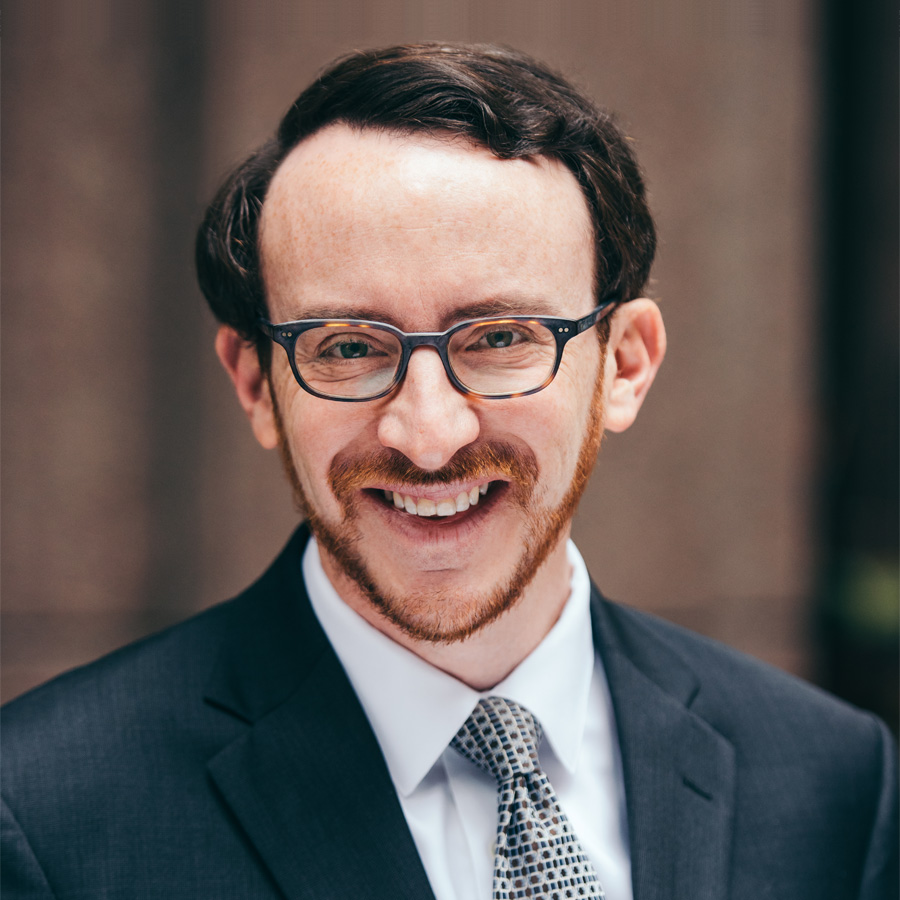NEW YORK – November 3, 2021 – On Tuesday, November 2, 2021, a federal judge in Manhattan rejected the NFL’s “Hail Mary” attempts to dismiss a class action against it. The suit claims that the NFL breached a contract with hundreds of thousands of fans who had each paid $200 for the league’s “Game Pass” subscription service, only to see the livestreaming broadcast go dark during the fourth quarter of the 2020 Super Bowl.
The lawsuit—brought on behalf of hundreds of thousands of international football fans—details how the championship game between Kansas City Chiefs and the San Francisco 49ers crashed multiple times. Then, in a moment worse than the 1968 “Heidi” debacle, the screen went completely dark during the last three minutes when the teams were locked in a one-score game.
The NFL argued that it was not responsible for Game Pass, and rather, unbeknownst to plaintiff, an unheard-of company in the Cayman Islands and another business in Italy should be sued. But Judge Paul A. Engelmayer was unimpressed, denying the NFL’s attempt to dismiss the case while displaying a fan’s appreciation of football. Observing that the NFL’s arguments were “something of a Hail Mary,” he noted: “The case authority on which defendants rely also does not take them down the field.” He then declined to “tackle” the NFL’s other arguments.
Attorneys for the plaintiff and the class, Eugene Rome of Rome and Associates in Los Angeles and Pollock Cohen in New York, were quick to blitz the NFL’s struggling call-playing. “The NFL may have had an offensive line of top lawyers,” said Rome, “but it could not execute where it counted: in a courtroom where the line judge knows when they go offsides.”
“This is a touchdown for those who subscribed to Game Pass, and the extra point is for all consumers,” said Karl Kronenberger of Kronenberger Rosenfeld, a San Francisco firm also representing the plaintiffs.“Companies should think twice before trying to escape responsibility for their products by relying on language, buried in dense contracts, that claims that unknown companies are actually the ones that consumers have unwittingly contracted with,” added Stevan Lieberman of Washington-based Greenberg & Lieberman, the last member of this four law-firm team representing football fans.

